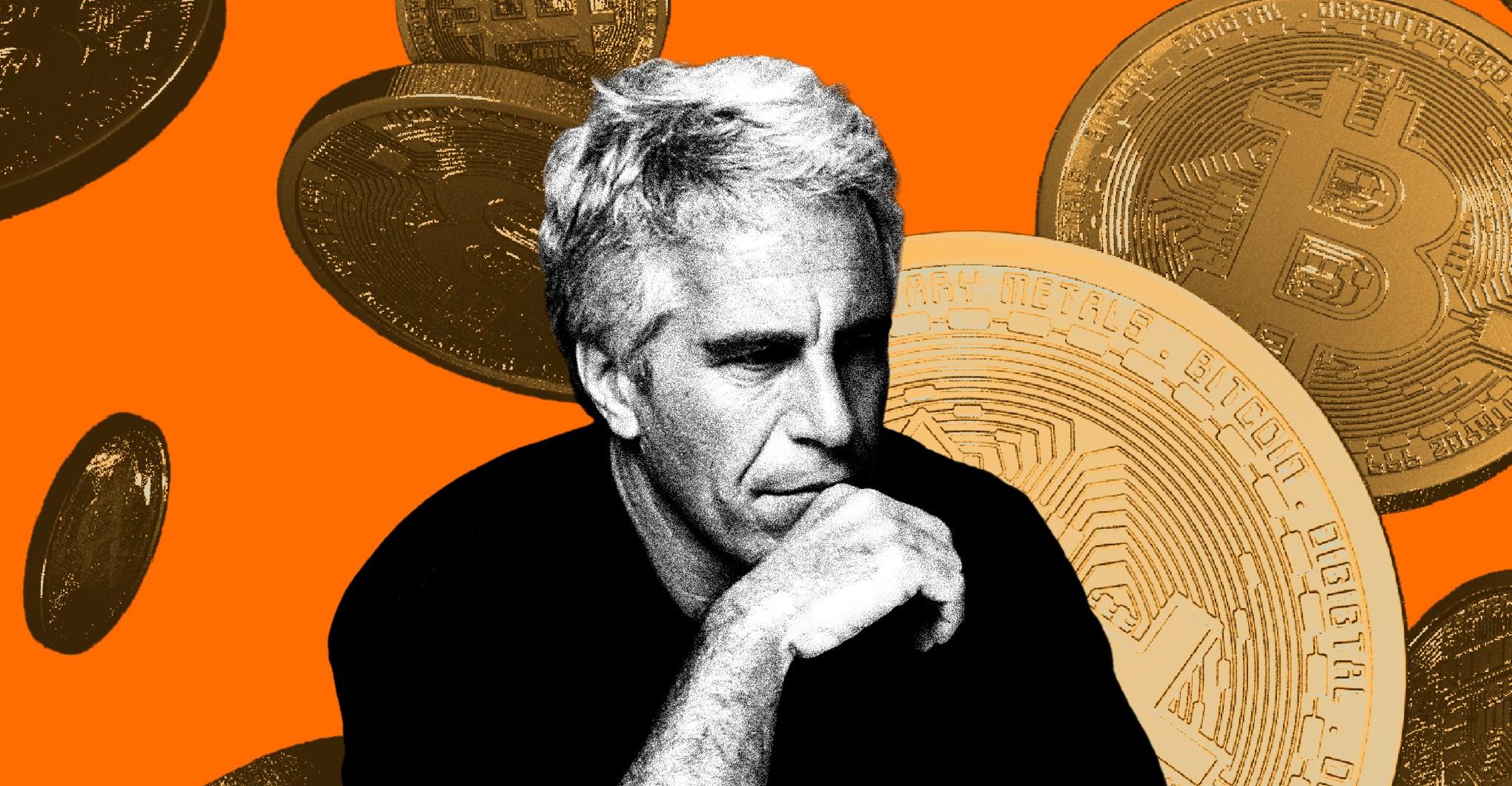If you’re anything like me — a policy dork who spends too much time on X — you’ve been unable to escape discussion of a new book called Abundance. Written by the Atlantic’s Derek Thompson and the New York Times’s Ezra Klein (also a co-founder of Vox), Abunda…

Published ایک سال قبل on مارچ 25 2025، 12:00 شام
By Web Desk

If you’re anything like me — a policy dork who spends too much time on X — you’ve been unable to escape discussion of a new book called Abundance.
Written by the Atlantic’s Derek Thompson and the New York Times’s Ezra Klein (also a co-founder of Vox), Abundance is one of those policy books with one big idea that everyone has to have an opinion on — whether they’ve read it or not.
In Abundance, Thompson and Klein’s big idea is that American politics and life for the past 50-plus years has been warped by an “ideology of scarcity” that has artificially reduced the supply of vital goods like housing and energy through a growing thicket of government restrictions and regulations. They argue for embracing a politics of abundance that encourages building and innovation and unlocks American prosperity, aiming for a future of “more” rather than “less” for everyone.
Thompson and Klein are self-identified liberals, and their book is mainly meant to diagnose what they see has gone wrong with Democratic governance in recent decades, as progressives have consciously adopted policies that aim to put limits on growth. They point to the examples of Democratic cities like San Francisco or New York, where regulations have made it virtually impossible to build new living spaces, putting the cost of housing out of reach for more and more people.
Even on issues that Democrats care deeply about, like climate change, their policies have inadvertently had the effect of slowing progress by making it difficult to build out the vast amount of clean energy needed to reduce carbon emissions without hurting the economy.
The result was that even as technological progress continued, we stopped feeling it and we stopped appreciating it — a consistent theme of this newsletter. Instead, bit by bit, and often with the best intentions, we put countless invisible brakes on development, with the net result that we reduced the supply and raised the price of the goods that we needed for a good life. And once we lost the ability to build physically, we lost the ability to build a better future.
Abundance isn’t just for Democrats
Given how much of Abundance focuses on where Democrats went wrong, the book has ignited debate among progressives. If you want to read more about that but don’t want to get lost in endless post threads or three-hour-long podcasts, my Vox colleague Eric Levitz has a great piece on the arguments and why Democrats should heed the message of Abundance.
But it’s a mistake to think of Abundance as a book that has meaning only for readers who vote blue. At its heart is a message that matters for Americans of all political backgrounds: we don’t have to fight endlessly over who gets what piece of a shrinking pie. For far too long we’ve let ourselves be convinced that we have to treat American life as a zero-sum game, but we can change the rules. We can embrace policies that actively grow that pie — policies that make housing more affordable in the places people want to live, that give us energy to power a high-tech economy without burning up the planet, that bring us better health care at lower costs.
Thompson and Klein recognize that Americans will never agree on everything, that there are issues where there are simply fundamental differences between the right and the left. But they’re right to argue that most Americans want a better life for themselves and their children, and that a politics focused on improving material progress in the areas that matter — housing, education, energy — is one that can appeal to almost everyone. As Thompson wrote in the Atlantic this week, abundance can “combine the progressive virtue of care for the working class and a traditionally conservative celebration of national greatness.”
If we can do that, we might just be able to break the polarization that has gridlocked progress and turned American politics into a winner-takes-all death match.
I’m sure not everyone who reads Abundance will agree with every page. Diagnosing the mistakes that have held back progress is a lot easier than creating a political movement that can unlock it. But I do believe there is a hunger in this country for a vision of the future that isn’t inherently fearful, that recaptures something of the optimism that was once synonymous with America. That gives me hope at a moment when we desperately need it.
A version of this story originally appeared in the Good News newsletter. Sign up here!
Iran Guards say launched more than 40 missiles at US, Israeli targets
- 11 گھنٹے قبل
Apple launches new generation of MacBook laptops starting at $1,099
- ایک دن قبل
Iran war enters fourth day in 'smoke and blood' as markets slide
- ایک دن قبل

The Supreme Court appears likely to let stoners own guns
- 20 گھنٹے قبل

PM takes parliamentary leaders into confidence regarding Pak-Afghan situation
- 12 گھنٹے قبل

Do you need to know who you’d be without antidepressants?
- 20 گھنٹے قبل

What does “America First” even mean anymore?
- ایک دن قبل
Iran postpones state funeral for Khamenei: state TV
- 9 گھنٹے قبل

Jeffrey Epstein saw promise in Bitcoin — and its far-right supporters
- 13 گھنٹے قبل

The Galaxy S26 is a photography nightmare
- 13 گھنٹے قبل
New Zealand beat South Africa to reach T20 World Cup final
- 6 گھنٹے قبل
Global oil and gas shipping costs surge as Iran vows to close Strait of Hormuz
- ایک دن قبل
You May Like
Trending








